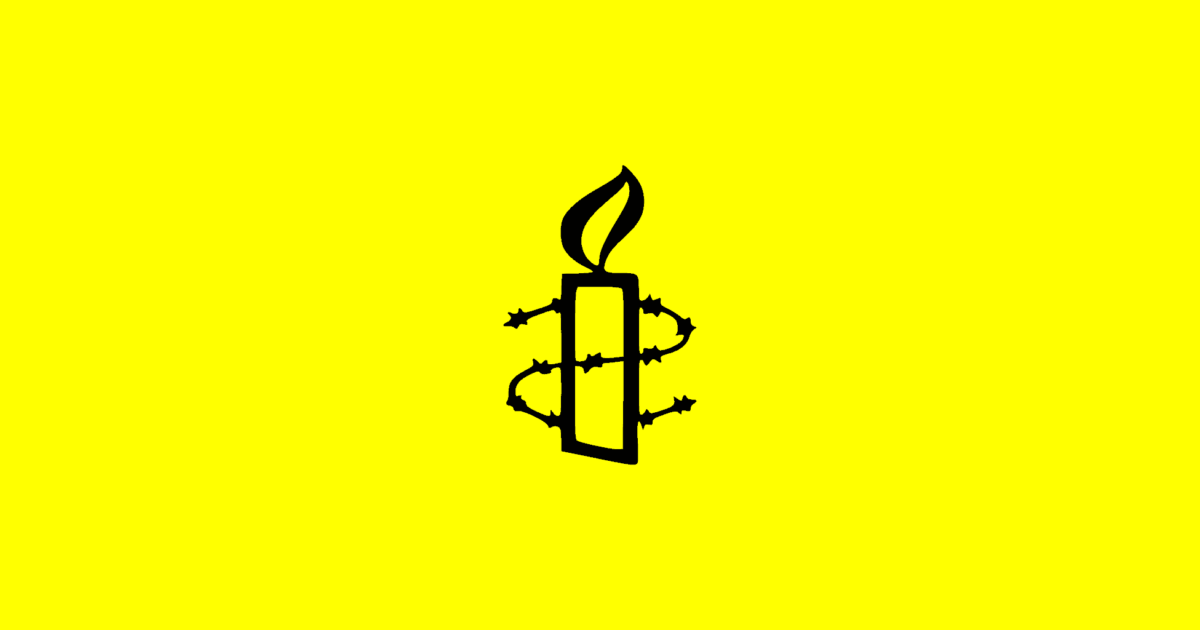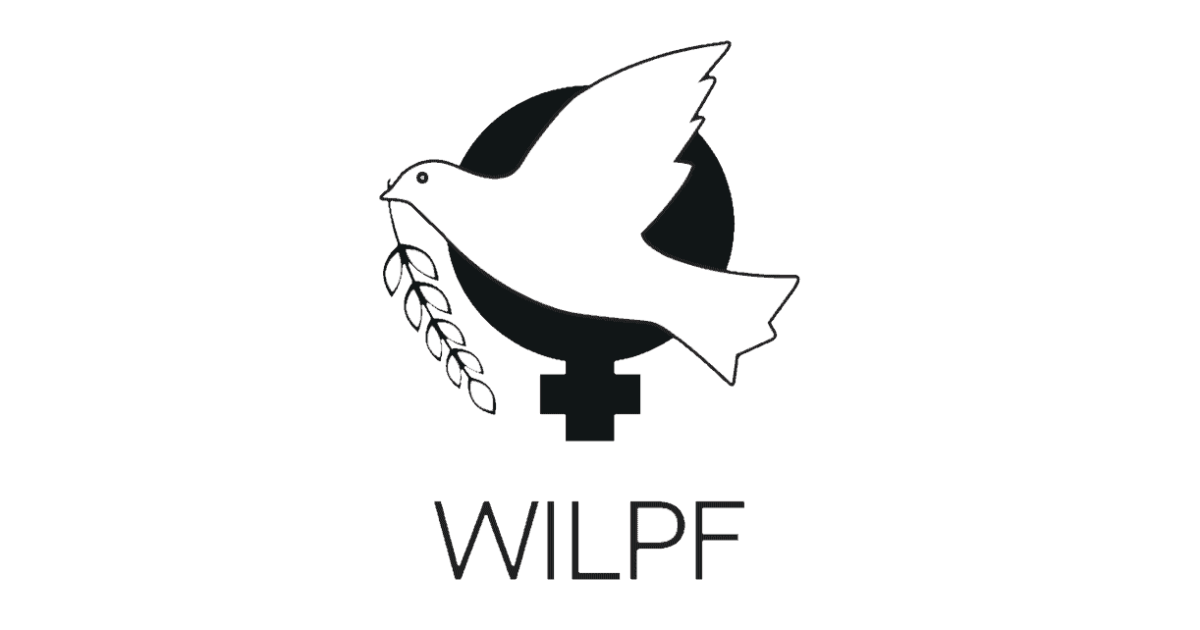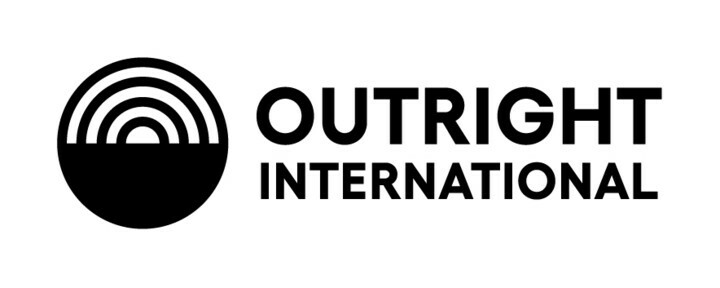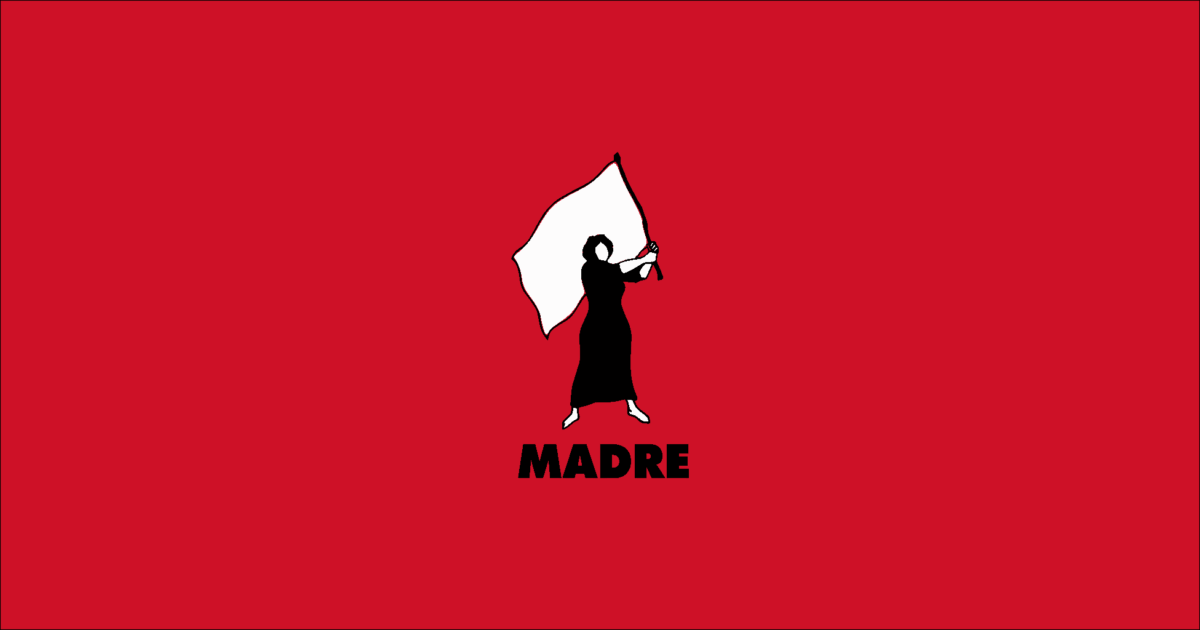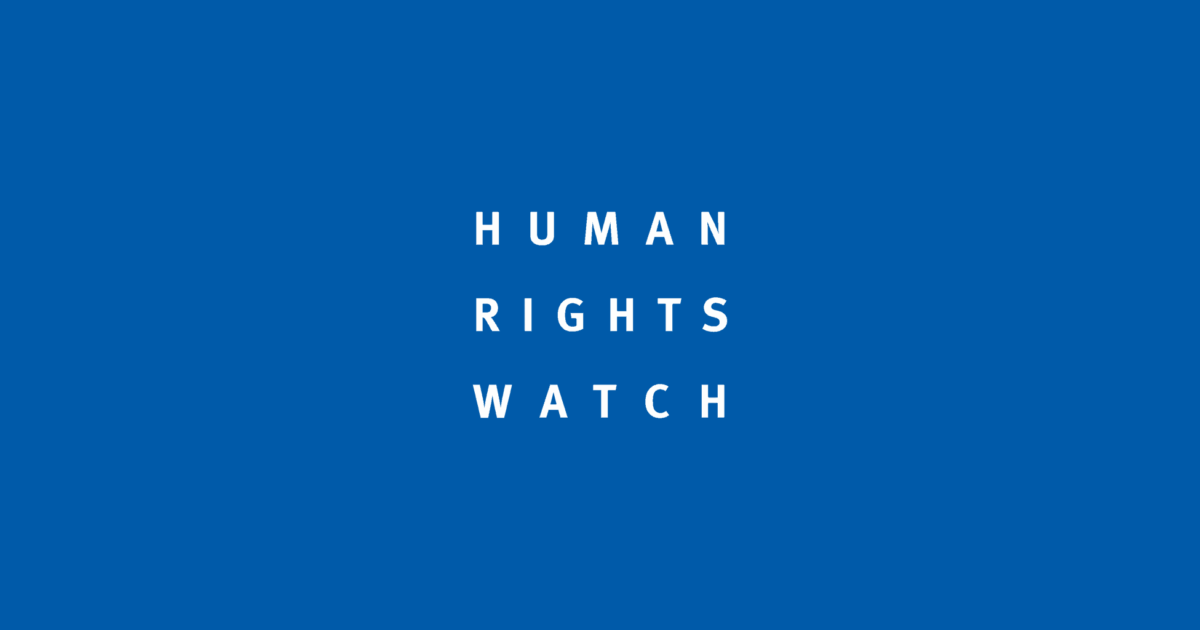Iraq
Iraq
Women are crucial allies to the efforts to eliminate extremism in Iraq. The Islamic State of Iraq and the Levant (ISIL) has contributed to a political landscape in Iraq historically characterized by sectarianism, ineffective judicial systems, high levels of government corruption, and high rates of violence against women, including sexual and gender-based violence. ISIL continues to use sexual and gender-based violence and rape as weapons of war— and targets women, particularly Yazidi women and other non-Shiite minorities, for sexual slavery among fighters.
Iraq acceded to the Convention on the Elimination of all Forms of Discrimination against Women (CEDAW) in 1986, launched the National Strategy on Combating Violence against Women in 2013, and launched its National Action Plan pursuant to Resolution 1325 in 2014. Iraq’s National Action Plan was the first launched in the Middle East. The Ministry of Women’s Affairs in Iraq has also developed a National Strategy for the Advancement of Iraqi Women, but due to the political climate it hasn’t been effectively implemented; similarly, laws banning forced and early marriages are rarely enforced.
Based on the work of NGOWG members and their partners, the NGOWG advocates for the Government of Iraq to clarify their shelter policies, in order to allow and support Iraqi NGOs in their efforts to operate shelters and provide much needed services to survivors of SGBV. Further, the NGOWG urges the Security Council to ensure that the United Nations Assistance Mission for Iraq (UNAMI) is regularly engaging with women’s organizations, and will continue to take concrete steps to support women’s participation in all peace and security processes.
Current and Past Recommendations to the UN Security Council (Monthly Action Points)
In its discussion of the situation in Iraq and the most recent report on the UN Assistance Mission in Iraq (UNAMI), the Council should discuss the extent to which the mission is mainstreaming gender as a cross-cutting issue (S/RES/2421 (2018), OP 2(e)), and further inquire about progress in the key areas of discussion from the May 2018 informal expert group meeting (S/2018/475). There should be follow-up on progress in ensuring women are fully and substantively participating in all decision-making. Further, in its discussion the Council must call for prosecutions of human rights violations against all groups and by all sides, not only for prosecutions of ISIL fighters due to their membership in a terrorist organization. These violations include, but are not limited to, abduction and human trafficking, sexual slavery, rape, torture committed on the basis of gender, beatings, unlawful detention and sexual exploitation and abuse (SEA) of alleged ISIL-affiliated families. The Council should inquire as to progress in establishing a fair and transparent judicial process that addresses SGBV and allows for witnesses and victims to participate in transitional justice reform, as well as provide reparations and reintegration assistance for victims of SGBV. The adoption of resolution 2379 (2017) is an important step towards calling for accountability for crimes committed against civilians by ISIL. However, the Council should demand the creation of an independent commission of inquiry or expand the scope of the resolution to investigate crimes committed by other armed groups. Persecution of and discrimination against returnees, especially women and children, is of particular concern. Many of them come from marginalized groups and some are imprisoned for their association with ISIL. The Council should call for the expansion of current documentation and reporting requirements to cover all gender-based crimes, including crimes against women HRDs, LGBTIQ persons, men and boys, and those persecuted for defying prescribed gender roles. In this regard, the Council should request an update on the implementation of the UN-Iraq Joint Communiqué on the prevention of and response to conflict-related sexual violence. The Council should urge the Government to pass the draft Family Violence Protection law, which clarifies that NGOs may provide shelter for women fleeing SGBV. The Government should also issue a directive that allows NGOs to continue to provide such shelter while the draft law is pending before the Iraqi Parliament. Further, the Council should urge the Government to swiftly amend articles 409 and 398 of the Criminal Code in order to guarantee adequate protection of women.
Relevant Resources

